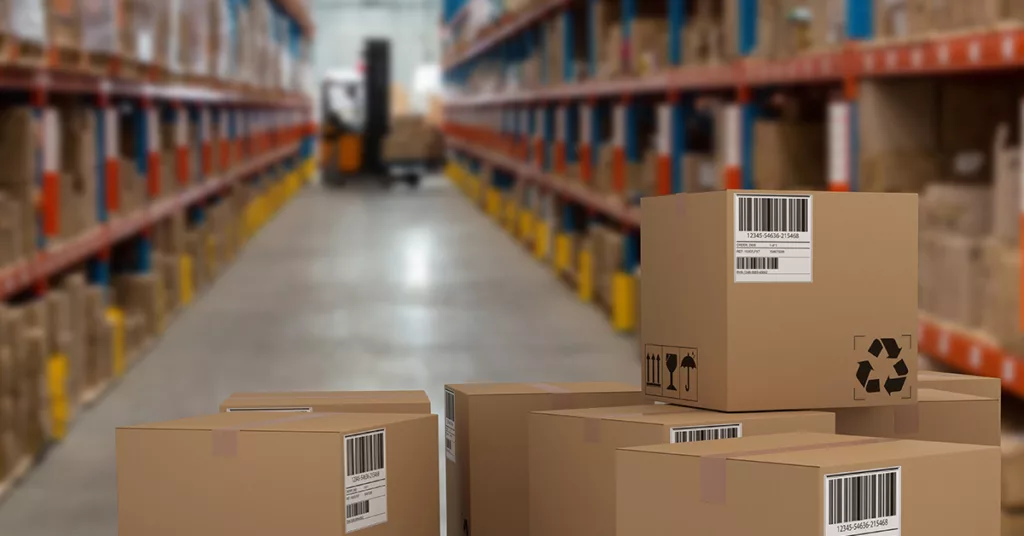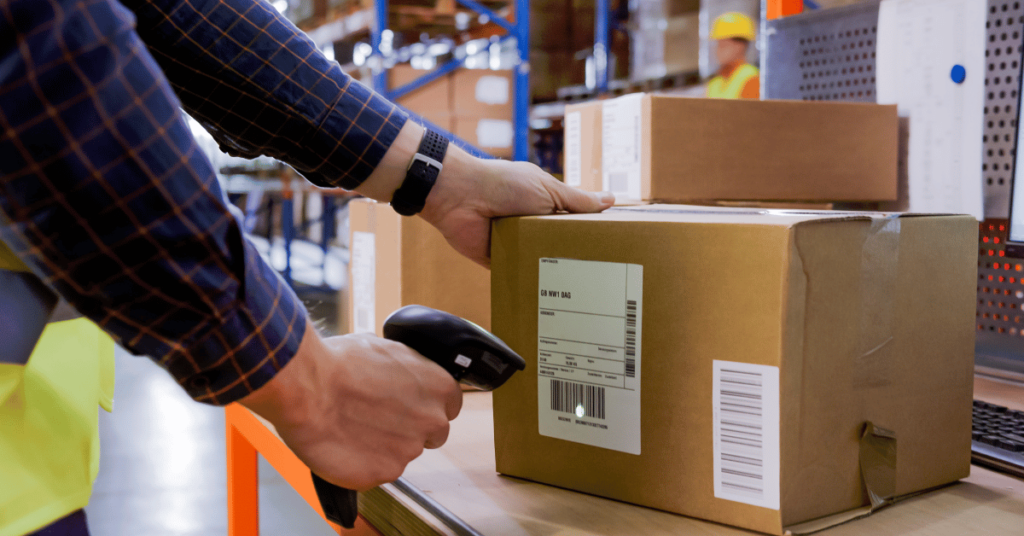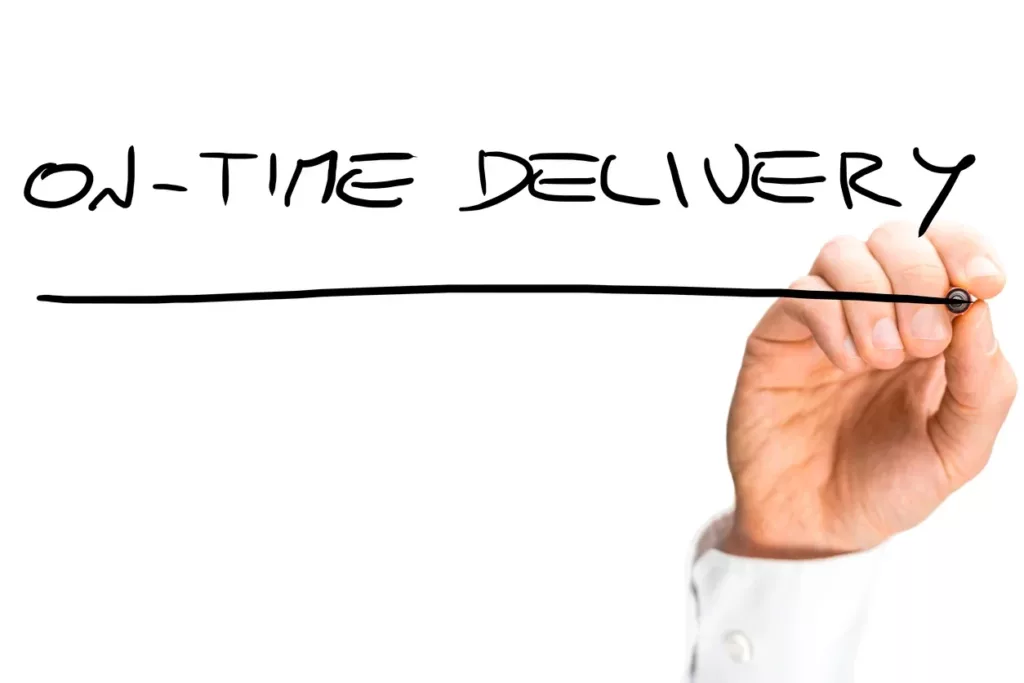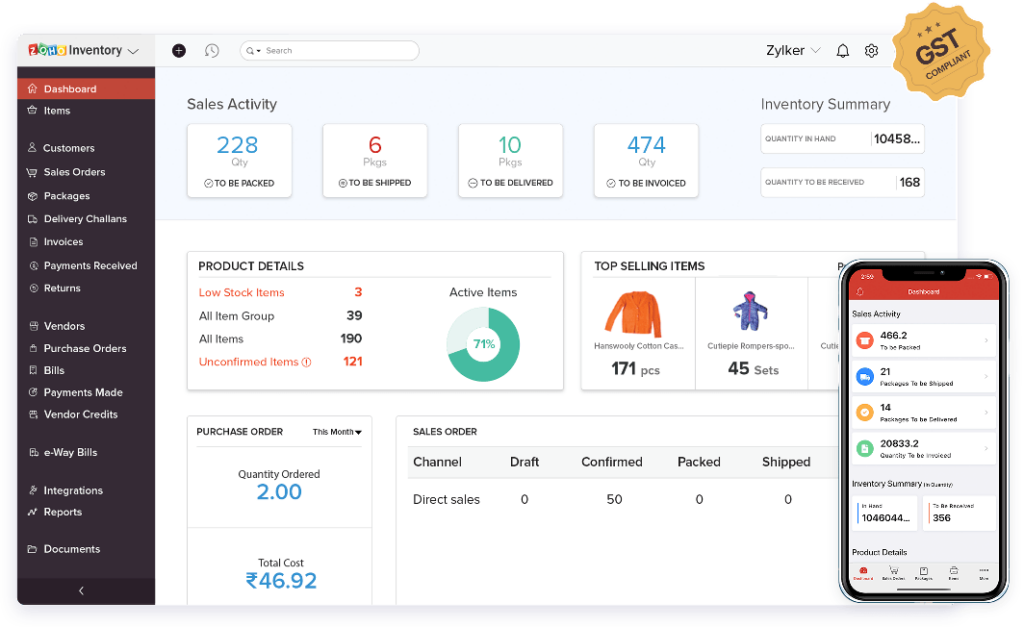In the ever-evolving world of e-commerce, businesses rely on efficient fulfillment processes to meet the demands of their customers. For B2B companies, having a robust and streamlined fulfillment strategy is crucial to maintaining successful operations. In this blog post, we will delve into the realm of B2B fulfillment, including its definition, processes, key differences from B2C fulfillment, and explore some use cases that highlight its importance in 2023.

Understanding B2B Fulfillment:
B2B Fulfillment refers to the process of delivering products or services from a business to another business. It involves a range of activities, including inventory management, order processing, picking and packing, shipping, and customer support. B2B fulfillment services aim to ensure the smooth and timely delivery of products while maintaining high levels of customer satisfaction.
Key Processes in B2B Fulfillment:
Inventory Management
Efficient inventory management is crucial in B2B fulfillment. It involves tracking and monitoring stock levels, replenishing inventory as needed, and optimizing inventory storage to avoid stockouts and overstock situations.
Order Processing
B2B order fulfillment starts with order processing. This step involves verifying orders, checking product availability, and ensuring accurate pricing and invoicing. Its services utilize advanced order management systems to streamline this process.
Picking and Packing
Once an order is confirmed, products need to be retrieved from the inventory, accurately packed, and prepared for shipment. Its providers employ efficient picking and packing processes to minimize errors and enhance productivity.
Shipping and Delivery
B2B fulfillment involves coordinating the shipping and delivery of products to the customer’s specified location. It includes choosing the appropriate shipping methods, managing logistics, and tracking shipments to ensure timely and secure delivery.
Customer Support
B2B fulfillment providers offer reliable customer support to address any inquiries, resolve issues, and provide assistance throughout the fulfillment process. Strong communication and personalized support are essential to maintaining strong B2B relationships.

B2B Fulfillment vs. B2C Fulfillment:
B2B fulfillment differs significantly from B2C fulfillment due to the unique requirements and dynamics of the business-to-business model. Here are some key differences:
- Order Volume and Complexity: B2B orders generally involve larger quantities and more complex specifications compared to B2C orders. B2B services must handle bulk shipments, customized products, and cater to specific business needs.
- Longer Sales Cycles: B2B transactions often have longer sales cycles and involve negotiations, contracts, and multiple stakeholders. B2B providers must align their processes to accommodate longer lead times and ensure the seamless fulfillment of orders.
- Relationship Focus: B2B prioritizes fostering long-term relationships with business partners. This involves providing tailored solutions, offering flexible payment terms, and ensuring consistent quality and reliability to nurture trust and loyalty.
- Integration with ERP Systems: B2B services frequently integrate with enterprise resource planning (ERP) systems to streamline order processing, inventory management, and data synchronization across various business functions.
Use Cases of B2B Order Fulfillment in 2023:
- Manufacturing and Wholesale Distribution: B2B plays a vital role in efficiently delivering raw materials, components, and finished goods to manufacturers and wholesalers. This ensures uninterrupted production processes and enables businesses to meet their customer demands promptly.
- Dropshipping and Third-Party Logistics (3PL): B2B services support dropshipping models and 3PL providers by seamlessly managing order fulfillment and shipment processes on behalf of businesses. This allows companies to focus on core competencies while leveraging the expertise of fulfillment specialists.
- Subscription-Based Services: B2B is crucial for businesses offering subscription-based services. It involves managing recurring orders, automating billing and invoicing, and ensuring timely delivery of products or services to subscribers.
- Global Expansion: B2B services enable businesses to expand their operations globally by efficiently managing cross-border logistics, customs compliance, and international shipping. This opens up new markets and opportunities for growth.
Conclusion:
As we progress into 2023, B2B continues to be a critical component for businesses seeking seamless and efficient order processing, inventory management, and timely product delivery. By understanding the unique processes and differences from B2C, businesses can leverage B2B services to optimize their operations, build strong relationships with partners, and stay ahead in the competitive marketplace.
Remember, choosing the right B2B provider is crucial for achieving success. Partner with a reputable and experienced fulfillment service that aligns with your business objectives, ensuring a reliable and efficient fulfillment process. Choose Fulfillmen today.




